Counting calories, tallying the intake of fat and carbs, measuring sodium levels, and meticulously monitoring cholesterol and the like have never been our focus. Our goal is to encourage people to “make their food count” rather than “count their food” (calories, points, carbs, etc.)
We aren’t fans of the Nutrition Facts slapped on all the packaged food labels either because ironically the Nutrition Facts tell you absolutely nothing about the intrinsic health and nutrition properties of the food. For example, a Weight Watchers Smart Ones “Chicken Salisbury Steak” might only have 280 calories but you are kidding yourself if you think eating that meal (see ingredients below) is going to improve your health in any meaningful way. And as a weight loss surgeon I can assure you eating meals like that won’t help you achieve lasting long term weight loss either! Eating low-calorie, low-nutrient foods such as the “Chicken Salisbury Steak” will lead to food cravings (because your body will be missing the nutrients it needs) and sooner or later this nutrient deficiency will cause you to eat more calories. If the extra calories you end up eating come from additional nutrient-poor foods then you will continue to feel hungry and continue to seek more food/ more calories. Your body will continue to be hungry until you properly nourish it.
Clean Cuisine and More Places the Emphasis on Nutrition, Not Calories
One of the biggest problems Ivy and I have with the “count your food” mentality is that it positions foods with similar calories, carbs or whatever as being ‘the same’. And yet 280 calories of a Weight Watchers Smart Ones “Chicken Salisbury Steak” is just not ‘the same’ as eating a 280 calorie Clean Cuisine salad made up of dark leafy greens, raw walnuts, organic apple slices, dried cranberries, a chopped pastured organic hardboiled egg, Ivy’s Caesar Salad Dressing and croutons made with sprouted whole grain bread and extra virgin olive oil (which just so happens to be what Ivy just prepared for my lunch.) Actually, I’m 100 percent confident my hefty Clean Cuisine salad had more than the 280 calories, 9 grams of fat and 45 mg of cholesterol that I would have gotten by eating Weight Watchers “Smart Ones” Chicken Salisbury Steak. But I know that from both a health and weight management standpoint I am far better off having eaten my Clean Cuisine salad than the Weight Watchers Smart Ones entree.
This is because my Clean Cuisine salad meal is loaded with fiber, metabolism-boosting and disease-fighting phytonutrients and antioxidants, micronutrients from vitamins and minerals and anti-inflammatory essential fats…all of which are going to be processed and handled by my body completely differently than the highly refined, primarily empty-calorie ingredients found in the low-calorie, low-fat, low-cholesterol Weight Watchers “Smart Ones” steak dinner. Read the ingredients in the Weight Watchers meal below and see if you think this looks like a healthy food choice….
Ingredients in Weight Watchers Smart Ones Salisbury Steak
Cooked Salisbury Steak patty with caramel color added (beef, water, onions, textured vegetable protein product [soy protein concentrate, caramel color], seasonings [ corn maltodextrin, salt, hydrolyzed soy and corn protein, dry onion, garlic, natural flavor, yeast extract, spice, disodium inosinate, disodium guanylate, extractive of rosemary, beef extract, modified cornstarch, flavor (triacetin, butter acids, flavorings, butter esters), rendered beef fat, partially hydrogenated soybean and cottonseed oil], soy protein concentrate, zinc oxide, niacinamide, ferrous sulfate, copper gluconate, vitamin A palmitate, calcium pantothenate, thiamine mononitrate, pyridoxine hydrochloride, riboflavin, cyanocobalamin], bread crumbs [bleached wheat flour, dextrose, yeast, partially hydrogenated soybean and/or cottonseed oil, salt], asparagus, water, mushrooms, contains 2% or less of: red bell peppers, modified food starch (corn, potato), margarine (soybean oil, water, salt, partially hydrogenated soybean oil, mono- and diglycerides, soy lecithin, sodium benzoate, natural flavor, artificial flavor, beta carotene [color], vitamin A palmitate), beef base (roasted beef and concentrated beef stock, hydrolyzed corn, soy and wheat protein autolyzed yeast extract, sugar, salt, corn maltodextrin, chicken fat, corn oil, onion powder, spice extractives), onions, burgundy wine* (burgundy wine, salt, sulfites), salt, sugar, sautéed mushrooms, flavor enhancer (hydrolyzed corn gluten, soy protein and wheat gluten, partially hydrogenated soybean and cottonseed oils), xanthan gum, chicken and beef stock flavor blend (potassium chloride, corn syrup solids, partially hydrogenated soybean oil, beef stock powder, chicken stock powder, corn maltodextrin), granulated garlic, pepper (black, white), flavor enhancer (dextrose, salt, autolyzed yeast extract, modified cornstarch), caramel color, canola oil, natural flavoring, onion powder, hydrolyzed soy and wheat proteins, spice extractives)
All Calories Are NOT Created Equal
These are words youu never thought you’d hear from the president of a 2.7 billion dollar weight loss empire— “Calorie counting has become unhelpful,” David Kirchhoff said recently on the Weight Watchers International website. “When we have a 100-calorie apple in one hand and a 100-calorie pack of cookies in the other, and we view them as being ‘the same’ because the calories are the same, it says everything that needs to be said about the limitations of just using calories in guiding food choices.” So, even though Weight Watchers still sells and markets foods like their frozen “Smart Ones” Salisbury Steak entree, it seems as though the president of the company understands that calorie-counting is not the way to go.
Here’s the thing, when calories are burned in a laboratory, they are indeed created equal and the same amount of energy is released. In the lab, there is no difference between 500 calories of carrots and 500 calories of carrot cake. But don’t be fooled….your body handles the calories from carrots and carrot cake very, very differently. Carrots and carrot cake are absorbed at completely different rates and have totally different amounts of nutrients, fiber, antioxidants, carbohydrates, fat and protein…all of which affect health, weight, oxidative stress, hunger, and metabolic rate at the cellular level. The more nutrients per calorie you eat, in this case by choosing carrots over carrot cake, the better protection you’ll have against disease and the slower you’ll age. You’ll also weigh less and be less hungry.
Remember, your body will continue to crave food/ calories until you supply it with the nutrients it needs. The more nutrients you provide your body the less hungry you will be. It is entirely possible to eat an abundance of calories—in excess of 3,000 or more calories a day—and still be malnourished and still be hungry. I see this in my weight loss surgery practice all the time. If you struggle with weight loss and food cravings you absolutely need to focus on getting more nutrients!
What About Cholesterol and Heart Health?
Is It Important to Count Cholesterol?
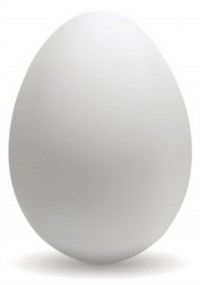
When I researched our first book, the [intlink id=”2138″ type=”page”]Gold Coast Cure[/intlink], back in 2004 I concluded after reviewing hundreds of academic studies there was no reason to measure or monitor cholesterol intake as the foods we were recommending were so intrinsically more beneficial for heart health and more beneficial for helping control inflammatory and autoimmune conditions there would be no additional benefit to measuring cholesterol intake or to avoiding otherwise healthful foods that happened to contain cholesterol (such as organic pastured eggs or shrimp.)
It’s now 2011 and our Clean Cuisine way of life is even more plant-forward, more sustainable, and more heart healthy than ever before. I thought I’d look at the issue of cholesterol intake one more time as I recently came across an excellent review article entitled “Cholesterol: where science and public health policy intersect” in the academic journal Nutrition Reviews. This article summarizes the opinions of nationally recognized experts on diet and health as they relate to cholesterol intake from food.
Interestingly, the current United States policy as laid out by the FDA and the Committee on Diet and Health is at odds with the international community’s policy. While the United States recommends specific limits on cholesterol intake (less than 300 mg/day for most people and less than 200 mg/day for persons with elevated blood levels of LDL, the “bad” type of cholesterol) other countries’ health policies make no specific recommendations. The World Health Organization, along with agencies representing Canada, Australia, and Great Britain, instead recommends reducing fat intake and the intake of saturated fat and trans fat in particular. The primary reason for this difference in opinion is the known stronger association between saturated fat intake and blood cholesterol levels than cholesterol intake and blood cholesterol levels.
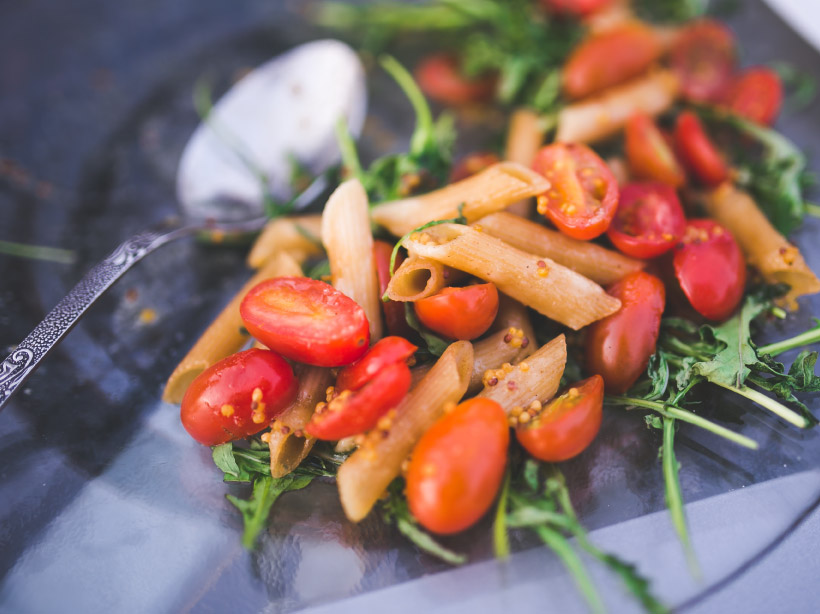
Other interesting facts and observations discussed in the article above include:
- The American public is less concerned about cholesterol intake than previously and much more concerned with fat intake and trans fat intake than before
- The Mediterranean diet continues to be the gold standard for heart health amongst academic nutrition researchers
- The modern Japanese person’s diet in Japan, which is higher in omega-3 fats and higher in cholesterol but low in saturated fat, is associated with lower weight, lower blood cholesterol, and less heart disease than is seen in Japanese persons living and eating in the United States and Great Britain
- Choline is an important nutrient that is often found in foods high in cholesterol
- The studies on which limiting cholesterol intake were based had numerous flaws
- As few as seven percent of people would respond substantially to limiting dietary cholesterol by also showing a reduction in blood cholesterol levels
- Putting specific numerical limits on food intake may inappropriately cause people to limit certain foods entirely
Don’t count your food…make your food count. A plant-forward, clean cuisine approach to life seems to work best if your goal is to look, feel, and be healthy. I’m still confident the salad I had with the pastured organic egg (which, by the way contained approximately 210 grams of cholesterol) was nutritionally far superior on just about every level than the low-calorie, low-fat, low-cholesterol Weight Watchers Smart Ones Salisbury Steak.
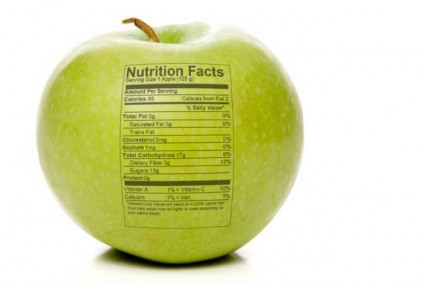

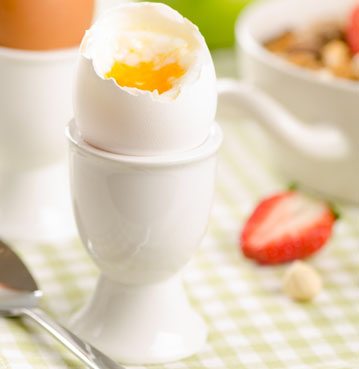
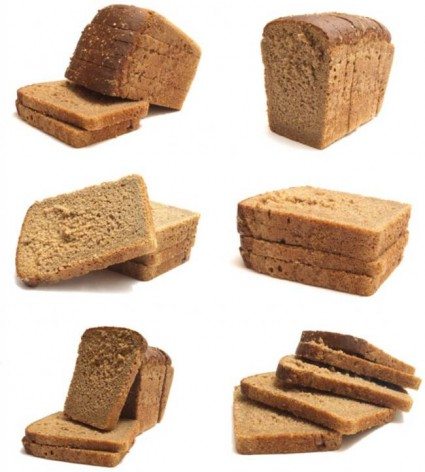

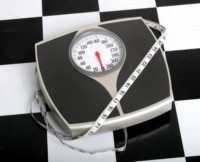

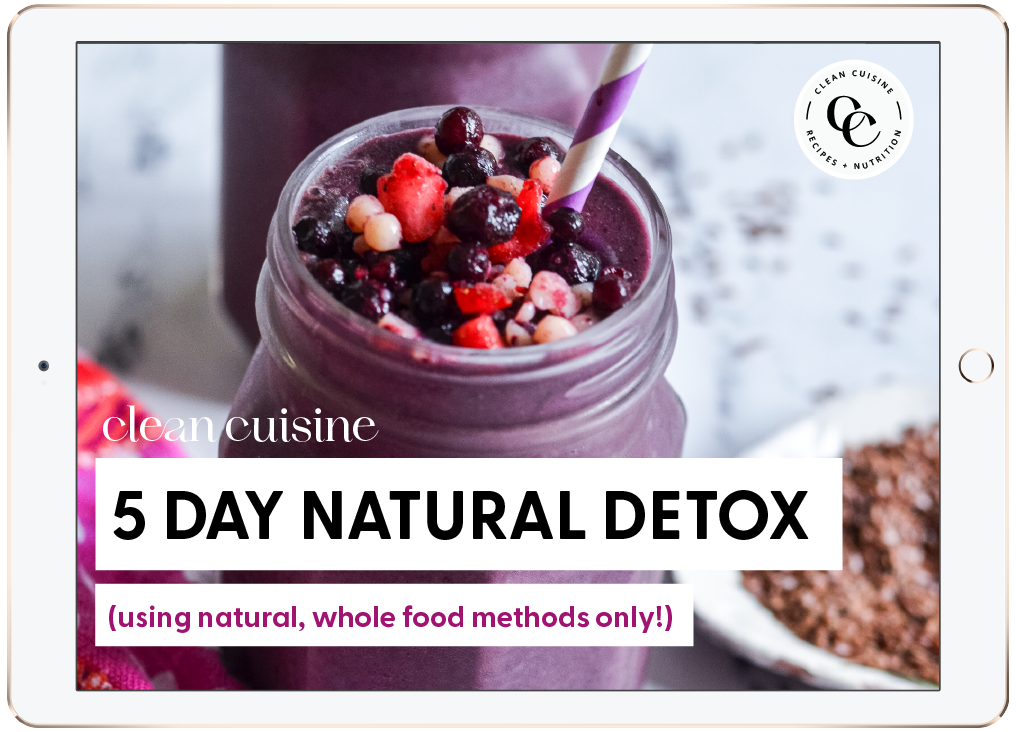
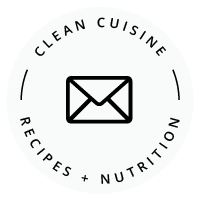
Wendy
Monday 11th of February 2013
I appreciate learning to make my food count, rather than count the calories. I have been dieting for years, and the numbers are all in my head. But I just go with the layout in the new Clean Cuisine book and go. Of course I've checked out the daily totals here and there, and am quite surprised at the low numbers. Its kind of like unlearning to learn a new and better way to approach a great lifestyle.